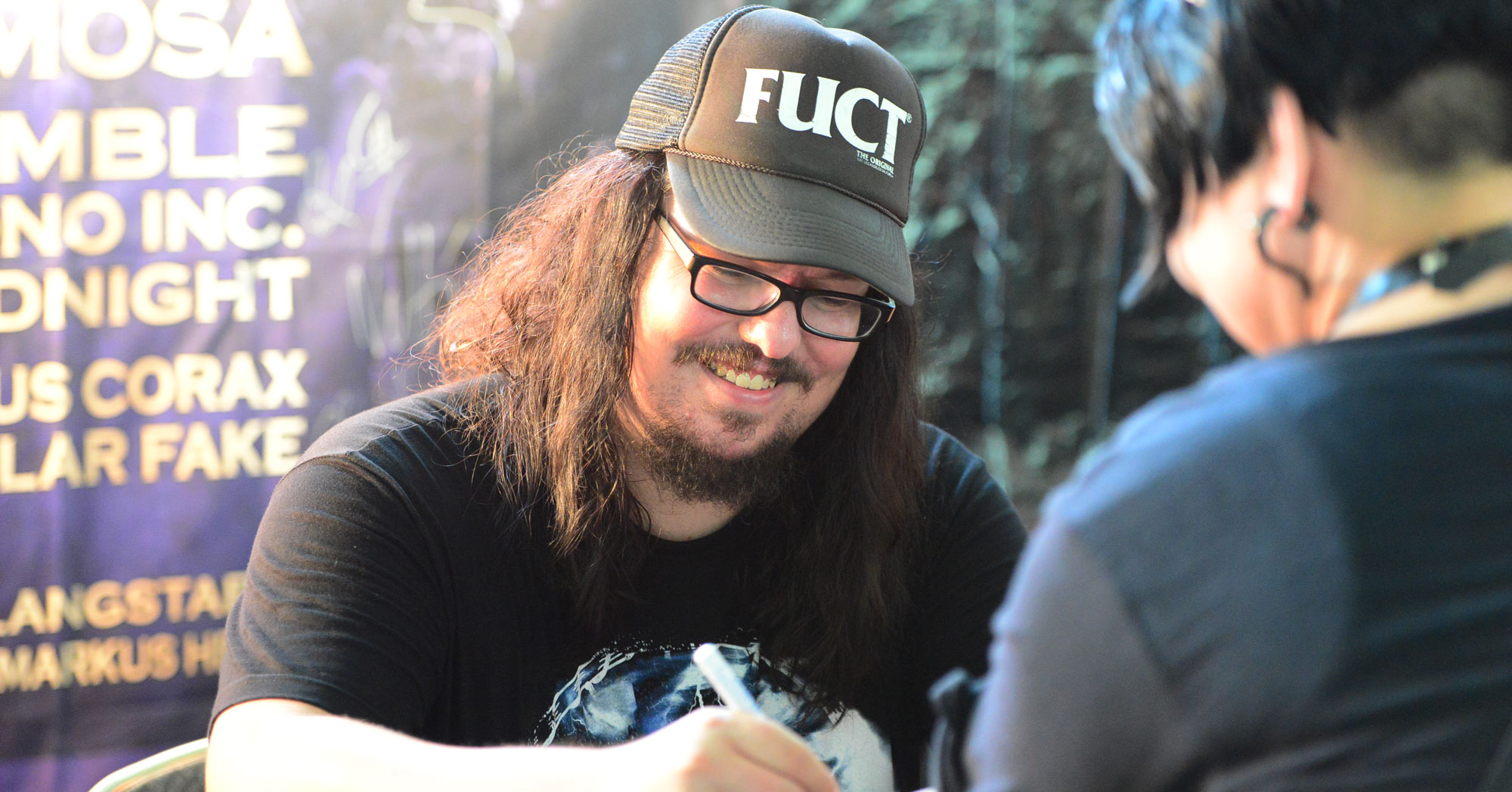In the past, a business may be out of luck if it was seeking a trademark protection for a generic name. However, in the recent Supreme Court of the United States case USPTO v. Booking.com B.V., 140 S. Ct. 2298 (2020), the Supreme Court ruled in favor of a company named Booking.com, a business which provides the service of making online travel reservations.
Let’s start with what is considered “generic” by the USPTO. A generic trademark is the good or service sought be protected, such as a soft drink company calling itself “soda,” or a bicycle company applying to register its latest product it calls a “bicycle.” These generic marks fail at distinguishing the good or service it seeks to protect from other similar goods and services in the same class.
Without further descriptive elements, the mark has no distinctiveness and the USPTO will not grant its registration. Moreover, trademarks can be cancelled/revoked if the brand name becomes generic. “Aspirin” was owned by Bayer until revoked. “Elevator” was owned by Otis until revoked.
So what happens if a business with a generic name seeks trademark registration? What can a business do to obtain trademark protection over its goods and services if it hasn’t developed any descriptive names for those goods and services?
The USPTO rejected four trademark applications filed by Booking.com. Though each mark featured different travel-related elements and images, all included the term “Booking.com.” In explaining its reasoning for rejection, the USPTO contended that the word “booking” is generic as its relates directly to making travel reservations, and the “.com” is similarly generic since it fails to add specific meaning that would distinguish Booking.com from its competitors. Combining a generic term (booking) with another generic term (.com), the USPTO argued, did not warrant trademark registration.
In an 8-1 decision led by the late Justice Ruth Bader Ginsberg, the Supreme Court agreed with lower courts’ decision to overrule the USPTO’s decision denying registration of any mark styled as “generic word.com.” The Supreme Court ruled that consumers determine whether such trademarks are generic. And, to the contrary to the USPTO’s position, by attaching the “.com” suffix to the proposed trademark, Booking.com had actually added distinctiveness.
The Supreme Court recognized that consumers did not identify the mark “Booking.com” with the entire class of the travel reservation website industry, but with that specific company known as Booking.com. Ultimately, whether consumers perceive an otherwise generic mark to identify a class of goods or services or specific exemplar of that class will determine its eligibility for trademark protection.
Current business owners, especially those who own businesses with a “.com” or other internet domain extensions in its name, should be mindful of the Booking.com decision, as they can now confidently apply for trademark registration for their company’s name. The Booking.com decision may be even more impactful in the age of the COVID-19 pandemic, when consumers conduct business—and their everyday lives—online at an ever-increasing clip. Companies which avoid traditional brick and mortar facilities for online only business may now be more inclined to include the “.com” as part of their branding.
Though its is not clear whether the Booking.com opinion has created greater opportunities for the registration of generic trademarks, businesses and individuals seeking registration of a generic mark will likely point to the new precedent when prosecuting the mark with the USPTO. Applicants will still need to demonstrate distinctive elements in the proposed mark, just as the “.com” suffix increased the distinctiveness when combined with the otherwise generic term “Booking.” Businesses and individuals looking to trademark their company name, goods, and/or services should consult an attorney to determine how successful they would be in applying for trademark registration.

